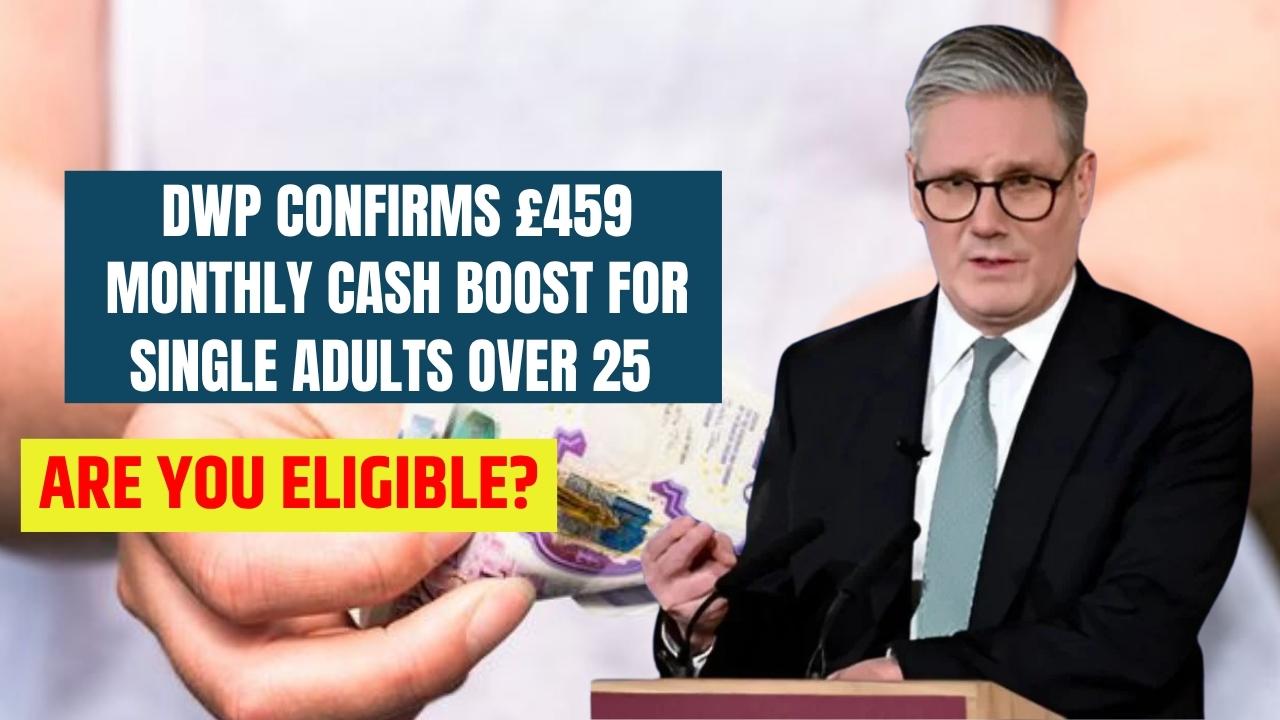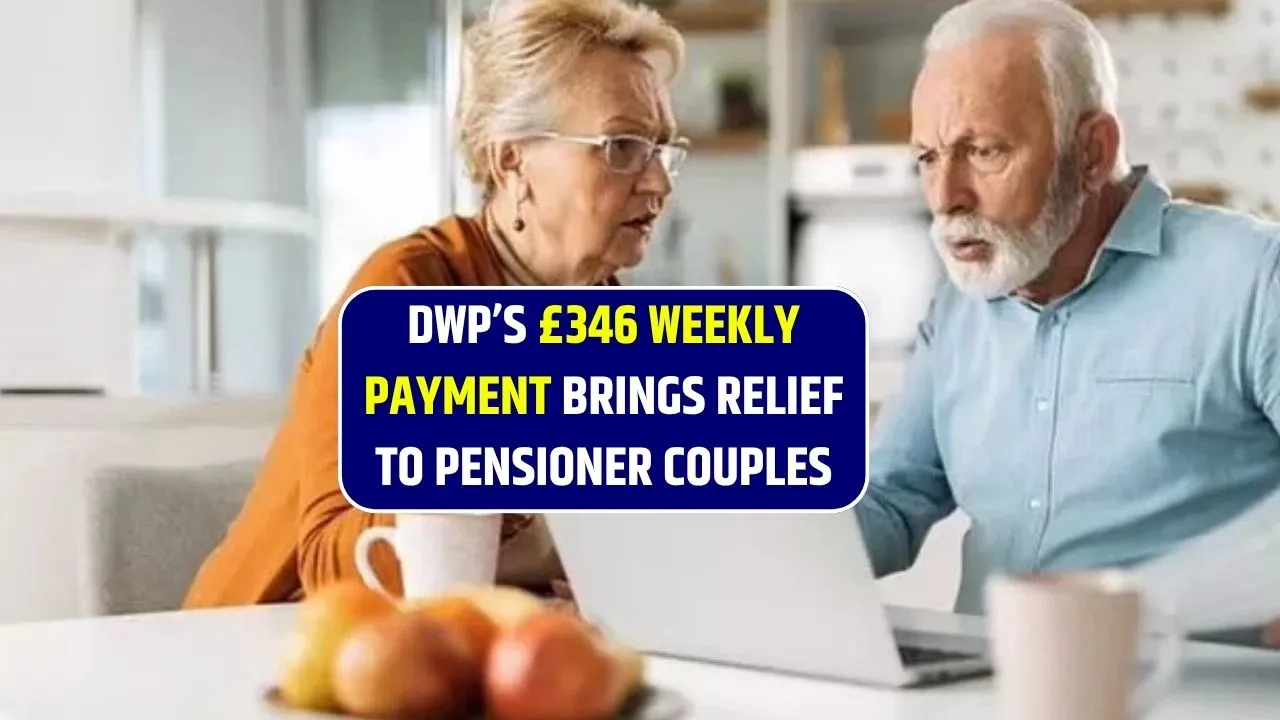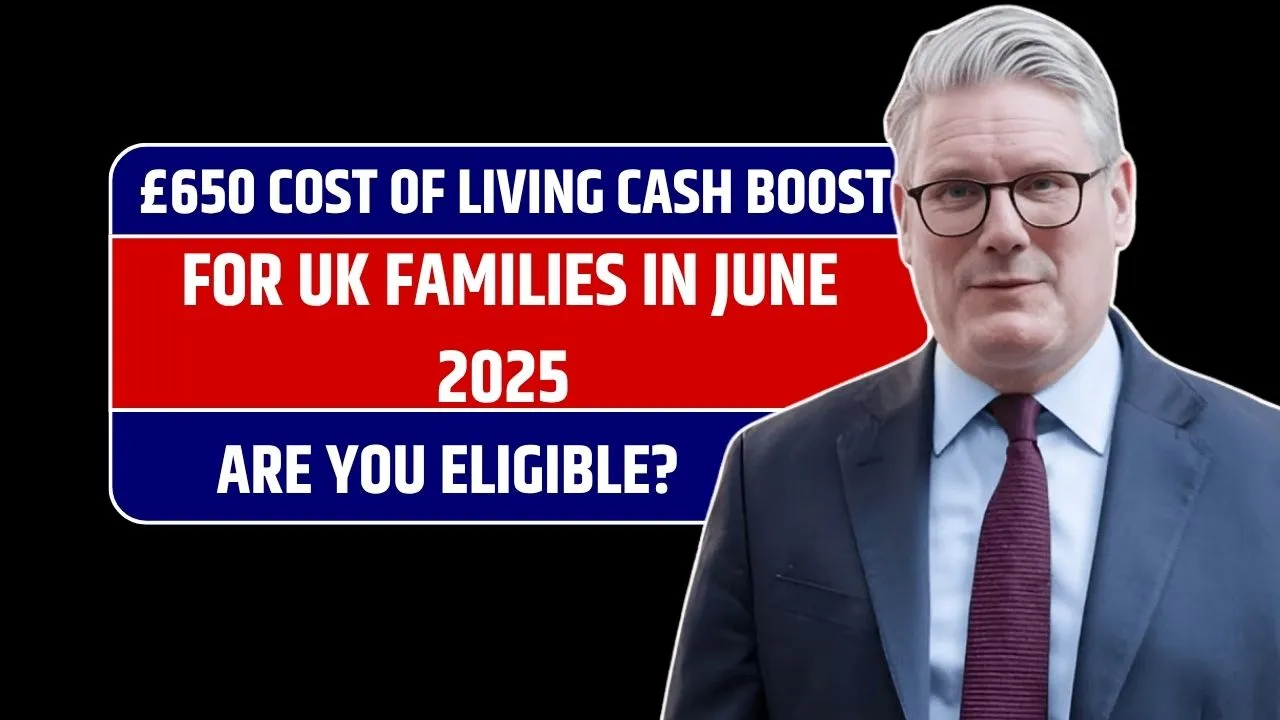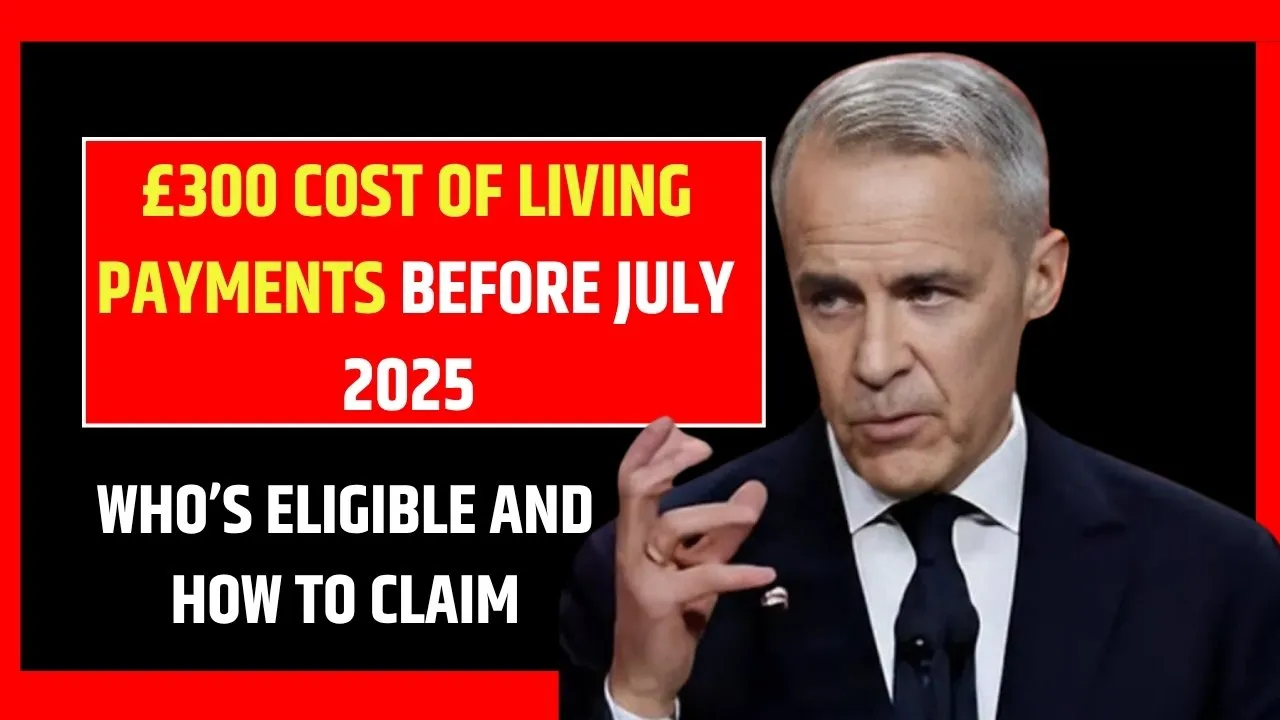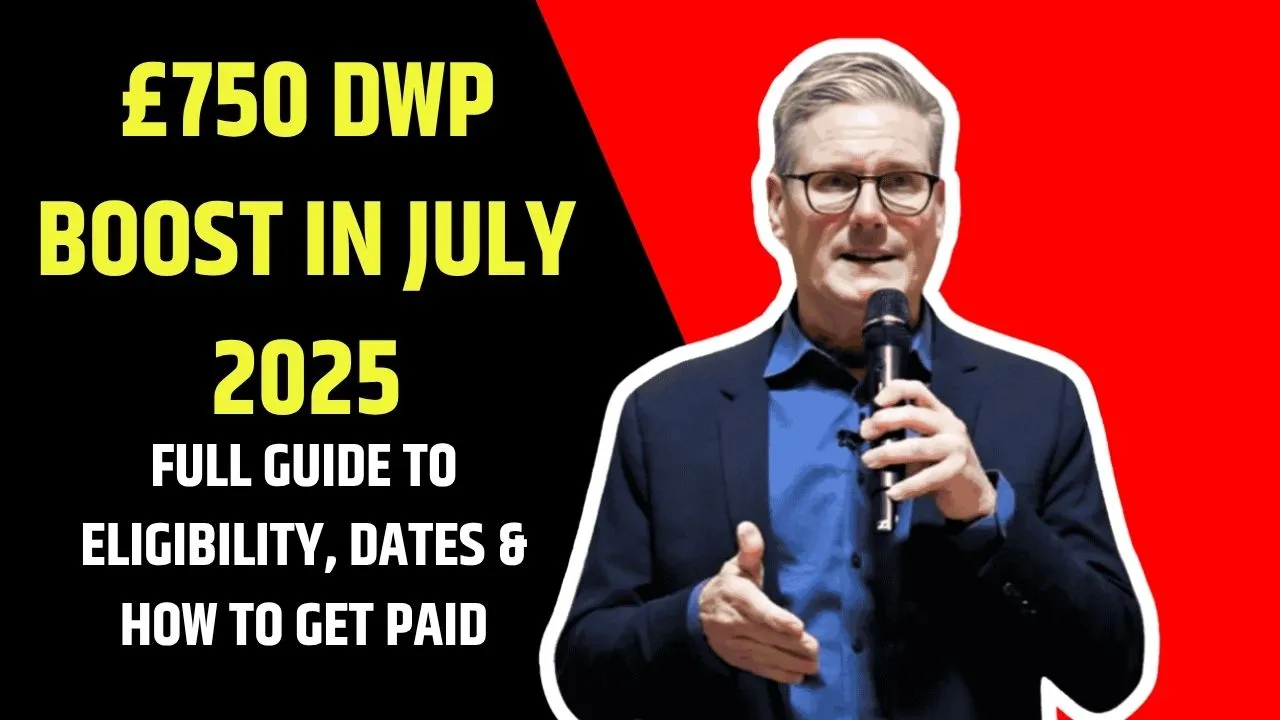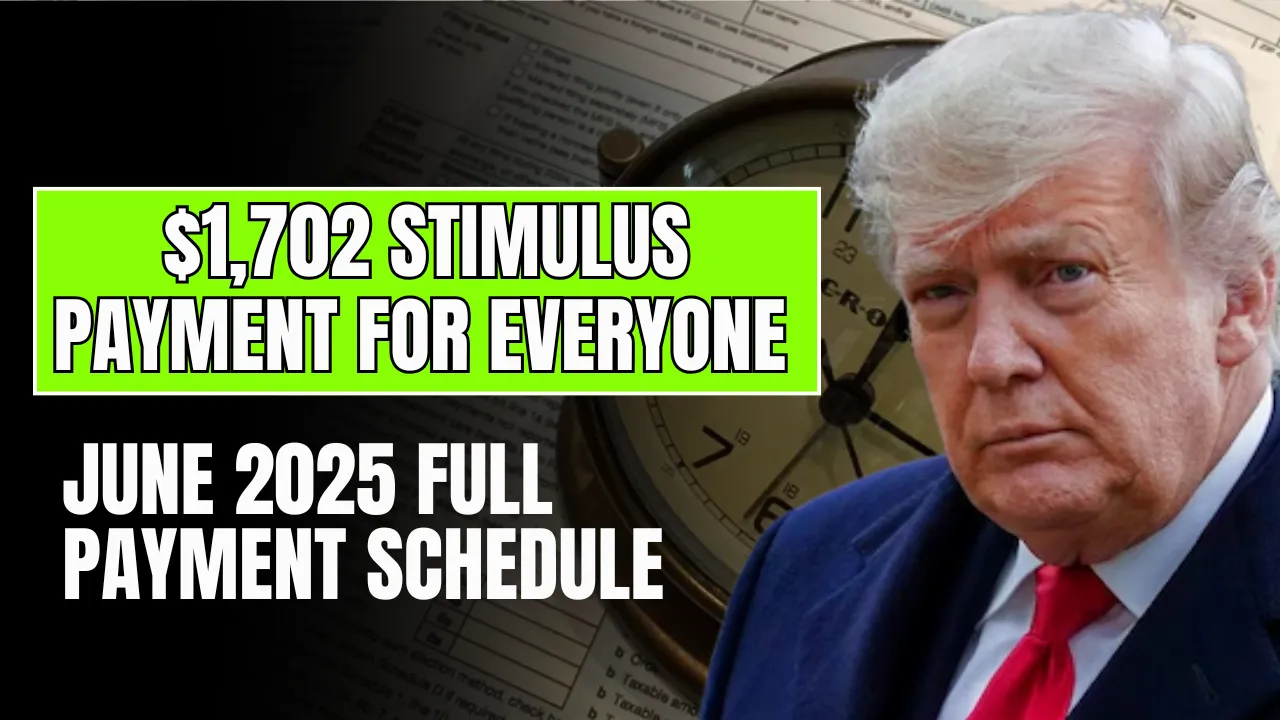The UK government has announced a major change that brings financial relief to many living alone. Under the new Welfare Reform Bill, the Department for Work and Pensions (DWP) will increase monthly payments for single people over the age of 25. This is a part of wider changes being made to Universal Credit, aimed at helping more households manage their daily expenses.
The £459 monthly cash boost is a result of raising the standard Universal Credit rate for those who are single and aged 25 or over. This increase, set to be introduced by the end of the current Parliament, means that millions of people will receive more income support each month. The article below explains who qualifies, how much they can get, and what other changes are coming with this new law.
£459 monthly cash boost from DWP
The £459 monthly cash boost applies to single individuals aged 25 and older who live alone and receive Universal Credit. Their current standard allowance is about £400.14 per month. Under the upcoming reform, this amount will increase to approximately £459.33 per month. Weekly, it means a jump from £92.34 to around £106.
This change is designed to help with the rising cost of living and give more support to working-age adults living on their own. The boost is expected to help nearly four million households across the UK.
Overview Table
| Detail | Current Rate | New Rate | Notes |
| Weekly standard allowance | £92.34 | £106 | Applies to singles aged 25+ |
| Monthly equivalent | £400.14 | £459.33 | Effective by 2029/2030 |
| Total households benefiting | — | Nearly 4 million | Nationwide |
| Annual boost compared to inflation | — | Extra £250 by 2029/30 | Due to above-inflation increase |
| Health element (new claimants) | Higher than £50/week | £50/week | Starts from April 2026 |
The standard allowance for Universal Credit is set to increase
As part of the changes, the standard monthly allowance for Universal Credit is getting a significant increase. This is great news for people aged 25 and over who live alone. The boost from £400.14 to about £459 monthly cash boost means more funds to cover rent, bills, and essentials.
The government explained that the new rate is planned to be adjusted above inflation every year for four years. By 2029/30, it’s expected that single households will get around £725 more each year than they would with standard inflation-only increases.
Among a raft of Universal Credit changes put forward by the government in its Welfare Reform Bill
The £459 monthly cash boost is just one of several Universal Credit updates included in the Welfare Reform Bill. These reforms are aimed at reshaping how financial help is distributed. One of the major changes is rebalancing the support system by reducing the extra money for those with health conditions.
By decreasing the health-related top-up and increasing the standard amount for everyone, the government wants to make the system more balanced and fair. This means that while some will gain more, others, especially new claimants with health conditions, might receive less.
The government has said this increase will be introduced by the end of this parliament
The government has committed to rolling out the £459 monthly cash boost before the end of the current parliamentary term, which means it will be active by 2029 or 2030. This gives households some time to prepare and plan for how the additional support will affect their budgets.
With costs constantly rising, this timeline may feel slow for some, but it gives a clear target and shows the government’s long-term plan to support single adults living on low incomes.
But the boost comes alongside a 50% cut to the health element of Universal Credit
While many households will benefit from the £459 monthly cash boost, others may face reduced support. The DWP plans to cut the health element of Universal Credit by 50%. This will lower the additional money given to those with long-term health issues from its current amount to £50 per week starting in April 2026.
This change is intended to “fix a system which encourages sickness,” according to the government, who argue that the current health element sometimes pays more than the base rate, creating an imbalance. However, this has raised concern among disability groups and those supporting people with health needs.
It is awarded based on receipt of Personal Independence Payment (PIP)
The health element affected by the upcoming cut is currently awarded based on whether someone receives Personal Independence Payment (PIP). This benefit is meant to support people who face extra costs due to illness or disability.
From 2026, new applicants who qualify for PIP will still get the health element, but only at the reduced rate of £50 per week. Existing claimants might be protected depending on how the policy is applied, though full details are yet to be confirmed.
Nearly 4 million households will also receive an income boost
According to government estimates, almost four million households will benefit from the rise in the Universal Credit standard allowance. The £459 monthly cash boost will provide meaningful financial support to single adults who may otherwise struggle to meet basic needs.
This income increase is especially welcome during times of economic pressure, with rent and utility bills rising. For many, even a small monthly increase can make a big difference in daily life.
FAQs
Q1. What is the £459 monthly cash boost from DWP?
It’s the increased Universal Credit monthly payment for single adults aged 25 and over, rising from £400 to about £459.
Q2. When will the new Universal Credit amount start?
The new rate will be in place by the end of the current Parliament, around 2029/2030.
Q3. Who qualifies for the increased Universal Credit rate?
Single people aged 25 and over who live alone and claim Universal Credit.
Q4. What is happening to the health element of Universal Credit?
From April 2026, new claimants will receive only £50 per week in health support.
Q5. How many people will benefit from the cash boost?
Almost four million UK households will see an income rise from this change.
Final Thoughts
The £459 monthly cash boost offers much-needed help to millions of single adults across the UK. While not immediate, it sets a positive direction for long-term financial stability. However, the simultaneous reduction in health-related payments means some may face new challenges.
We’d love to hear your thoughts—do you think this change helps enough? Drop a comment below and share this article to inform others. Also, don’t forget to explore our other content on benefits and financial planning to stay ahead!
